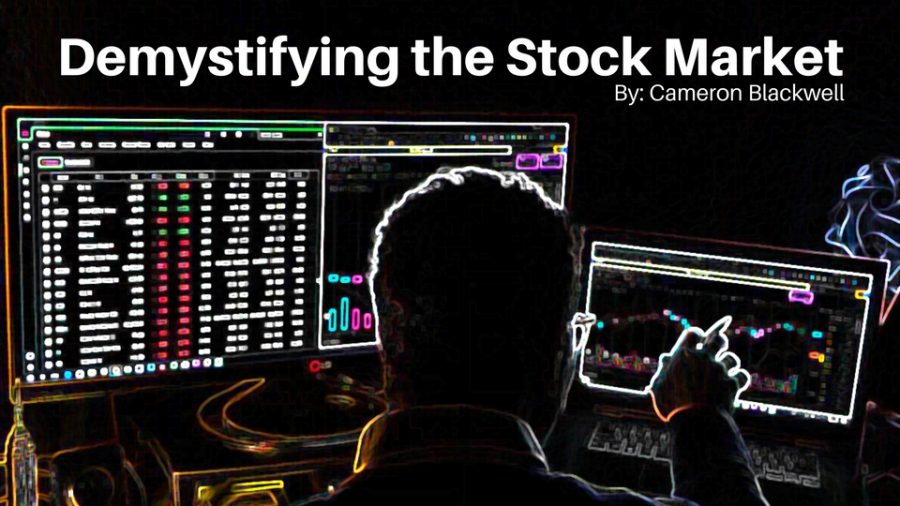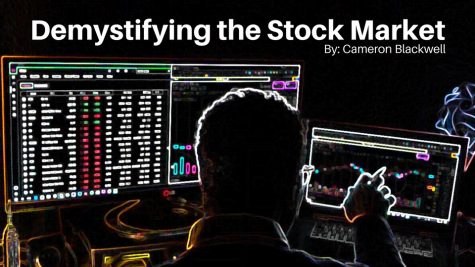Market Value Following Earnings Season
Following the great earnings season, much in part due to Trump’s new tax plan, it is getting much more challenging to find value in the market with inflated valuations.
In the pursuit to find industry value leaders, I decided to search for an equation to find the most value in a company for the least price.
The final product shows a strong correlation to Warren Buffett’s intrinsic value equation. Mr. Buffett puts return over value, so I made mine the same way.
My exact equation is Net Income (%) + Div Yield / Price:Book Value ratio. If you decide to copy the equation, you should know that Net Income percent appears as the profit margin on many stock screeners.
After putting the figures of a particular company in a screener, the most value for the least price looks like a higher score rather than a low one.
What I did was analyze a handful of stocks in each sector including Tech, Enterprise Software, China, Oil, and miscellaneous.
For time sake I will just speak on the tech sector analysis this week.
The five companies I ran through the equation were Apple (APPL), Google (GOOG), Microsoft (MSFT), Facebook (FB), and Amazon (AMZN).
The scores that they received were 3.73, 2.45, 1.28, 5.859, and .06227 respectively.
As quite apparent, FB is actually the cheapest large tech company in the US market. The company has performed very well following Mr. Zuckerberg’s “solid performance” in his Senate hearing.
The other criteria for identifying a company to buy is how much competition do they have. FB doesn’t have any competition with its core user base, the older generation.
Because FB purchased Instagram in 2013, the company eliminated competition and has a growth vehicle beyond Facebook’s core platform.
Moving on from FB, AMZN has an extremely low score. This is due to the fact that AMZN does not pay a dividend and has such a low Net Income because they reinvest all of their profits into their core product and new sectors.
Even though AMZN has such a low score, I don’t think this justifies not buying the stock as the company is still in a hyper-growth stage. Rather than putting down profits on every quarterly report, AMZN is scaling at this fast pace while they can, and rightfully so. One could argue that perhaps in terms of the Income Statement FB is actually more mature as a company and has a PE ratio around 26.
Either way, each company shows value, however, there is more intrinsic value show in FB stock.
DISCLAIMER: Cameron is not a certified financial advisor and all things stated should be considered solely as entertainment and NOT for financial transactions.

Cameron Blackwell is a sophomore in his first year of Publications. He is excited to see his interest journalism evolve in the Publications class. Outside...



